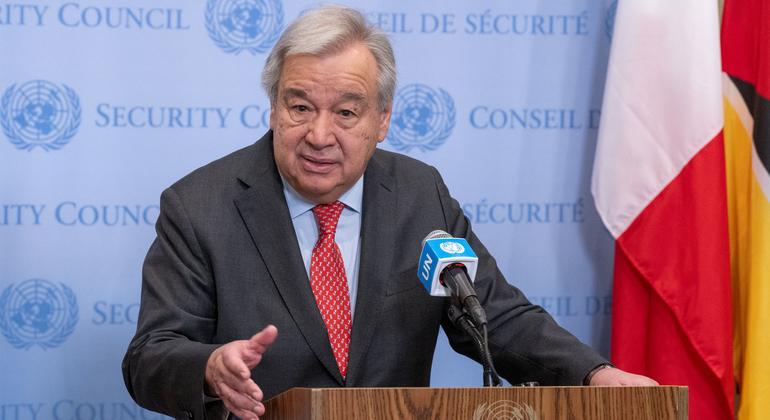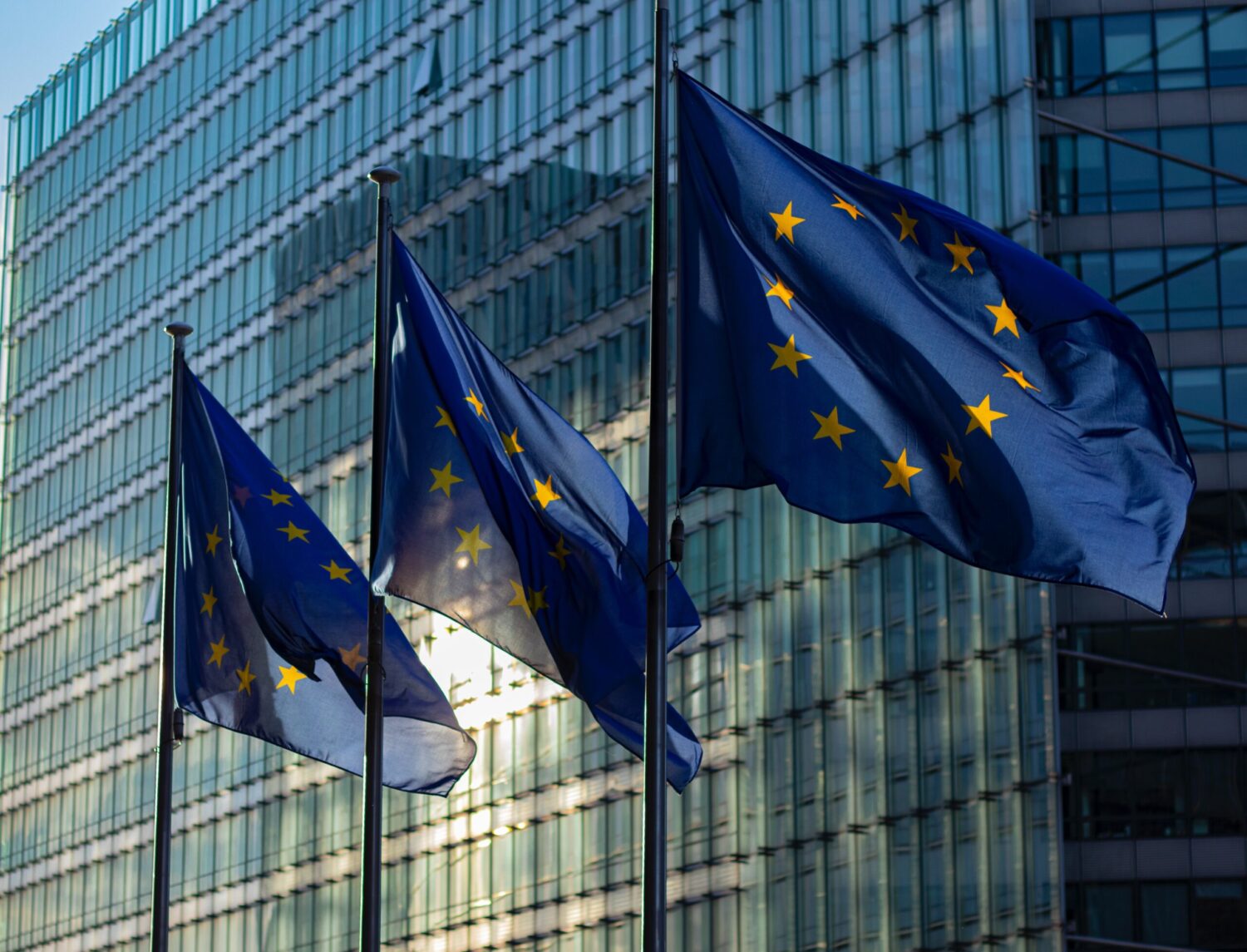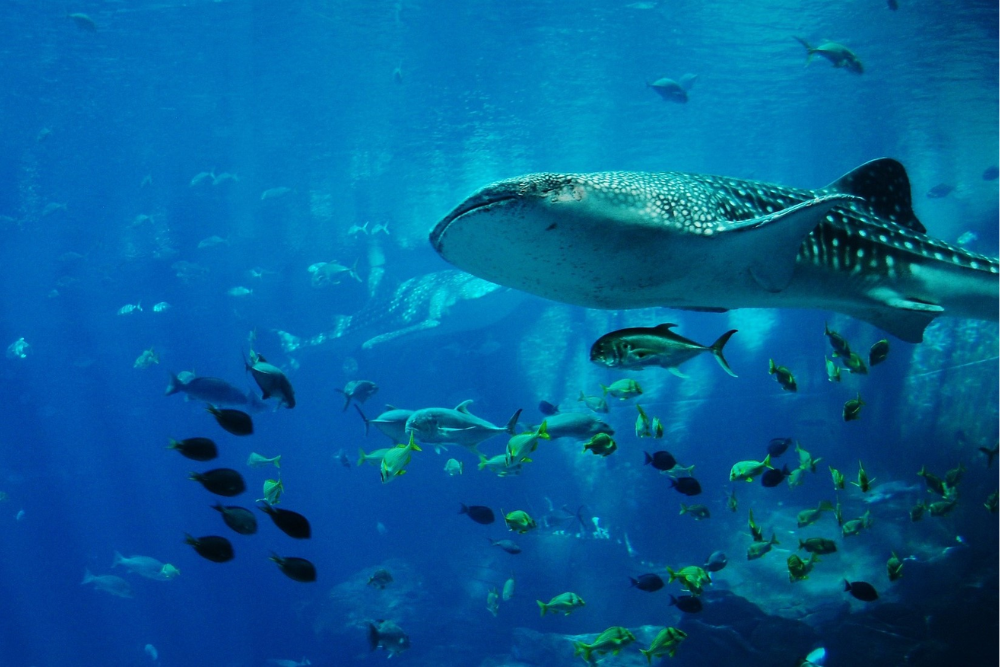Outsourcing customer support has become a strategic move for many businesses looking to enhance efficiency and improve customer satisfaction. In today’s fast-paced and competitive market, companies are increasingly turning to outsourcing as a cost-effective solution to manage customer inquiries and support services. This article explores the benefits, challenges, best practices, and future trends of customer support outsourcing.
Introduction to Customer Support Outsourcing
Customer support outsourcing involves partnering with third-party service providers to handle customer inquiries, technical support, and issue resolution. This allows businesses to focus on their core competencies while leveraging the expertise of specialized support teams.
Benefits of Outsourcing Customer Support
Outsourcing customer support offers several advantages, including:
- Cost savings: Outsourcing can reduce operational costs associated with maintaining an in-house support team.
- Scalability: Outsourcing providers can scale resources based on fluctuating customer demands.
- 24/7 support: Outsourced teams can provide round-the-clock support, enhancing customer satisfaction.
- Access to expertise: Outsourcing partners often have specialized knowledge and skills in customer support technologies.
- Focus on core activities: Businesses can concentrate on core functions, such as product development and marketing.
Factors to Consider Before Outsourcing
Before outsourcing customer support, businesses should consider factors such as:
- Service quality: Ensure that the outsourcing partner can maintain high-quality support services.
- Communication channels: Determine which communication channels (phone, email, live chat) are essential for your customer base.
- Data security: Evaluate the outsourcing provider’s data security measures to protect customer information.
- Cultural fit: Consider cultural differences that may impact customer interactions and satisfaction.
Types of Customer Support Outsourcing
There are several types of customer support outsourcing, including:
Call Center Outsourcing
Call center outsourcing involves outsourcing inbound and outbound call services to handle customer inquiries, sales, and support.
Email Support Outsourcing
Email support outsourcing focuses on managing customer queries and issues through email communication.
Live Chat Support Outsourcing
Live chat support outsourcing provides real-time assistance to customers through chat platforms on websites or mobile apps.
Best Practices for Outsourced Customer Support
To ensure successful outsourced customer support, businesses should follow best practices such as:
- Training and onboarding: Provide comprehensive training to outsourcing teams on products, services, and support protocols.
- Performance monitoring: Implement metrics and KPIs to measure the effectiveness of outsourced support.
- Seamless integration: Integrate outsourced support services seamlessly with internal systems for a unified customer experience.
- Continuous improvement: Regularly assess and improve outsourced support processes based on feedback and analytics.
Challenges of Outsourcing Customer Support
While outsourcing offers benefits, it also presents challenges such as:
- Communication barriers: Language differences and cultural nuances can impact communication with outsourced teams.
- Quality control: Ensuring consistent quality standards across outsourced support channels can be challenging.
- Data privacy concerns: Protecting customer data and complying with regulations are critical considerations.
How to Choose the Right Outsourcing Partner
When selecting an outsourcing partner for customer support, consider factors such as:
- Industry experience: Choose a provider with expertise in your industry and customer support requirements.
- Reputation and reviews: Research the outsourcing partner’s reputation, client testimonials, and case studies.
- Scalability and flexibility: Ensure the provider can scale services as your business grows and adapt to changing needs.
- Technology capabilities: Assess the outsourcing partner’s technology infrastructure and support capabilities.
Cost Analysis of Customer Support Outsourcing
The cost of outsourcing customer support varies based on factors such as the scope of services, volume of support requests, and provider rates. Conduct a thorough cost analysis to determine the ROI and long-term benefits of outsourcing.
Future Trends in Customer Support Outsourcing
The future of customer support outsourcing is shaped by trends such as:
- AI and automation: Integration of AI-driven chatbots and automation tools to enhance support efficiency.
- Omnichannel support: Offering seamless support across multiple channels (phone, email, chat, social media).
- Data analytics: Utilizing customer data and analytics for personalized support and predictive insights.
- Virtual assistants: Implementing virtual assistants for self-service options and quick resolutions.
Conclusion
Customer support outsourcing presents opportunities for businesses to streamline operations, improve customer experiences, and drive cost savings. By carefully evaluating outsourcing partners, implementing best practices, and embracing emerging technologies, companies can achieve sustainable growth and customer loyalty.
FAQs
- Is customer support outsourcing suitable for small businesses? Yes, customer support outsourcing can be beneficial for small businesses. It allows them to access professional support services without the need for a large in-house team, saving costs and enabling focus on core business activities.
- How can businesses ensure data security when outsourcing customer support? Businesses can ensure data security by partnering with reputable outsourcing providers that have robust security measures in place. This includes encryption of sensitive data, adherence to data protection regulations, regular security audits, and training for outsourced teams on data handling protocols.
- What are the key metrics to measure the success of outsourced customer support? Key metrics for measuring the success of outsourced customer support include customer satisfaction scores (CSAT), average response time, first call resolution rate, customer retention rates, and Net Promoter Score (NPS). These metrics help assess the quality and effectiveness of support services.
- Are there any risks associated with outsourcing customer support? Yes, there are risks associated with outsourcing customer support, such as communication barriers, quality control issues, data privacy concerns, and dependency on third-party providers. However, these risks can be mitigated through careful vendor selection, clear communication channels, and regular performance monitoring.
- What role does cultural sensitivity play in outsourced customer support? Cultural sensitivity is crucial in outsourced customer support as it impacts customer interactions and satisfaction. Outsourced teams should be trained on cultural nuances, language preferences, and customer expectations to deliver personalized and empathetic support experiences across diverse demographics.














